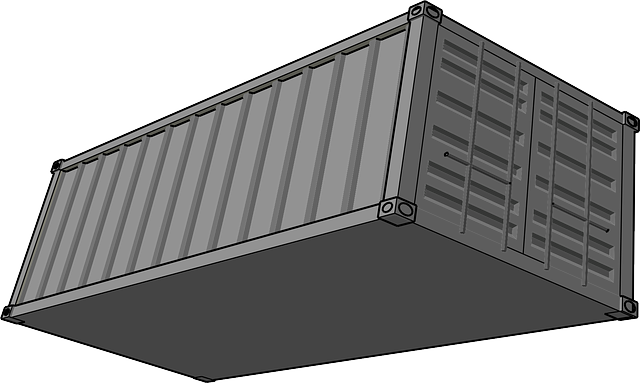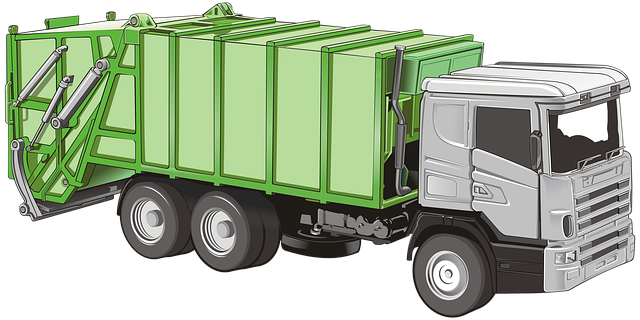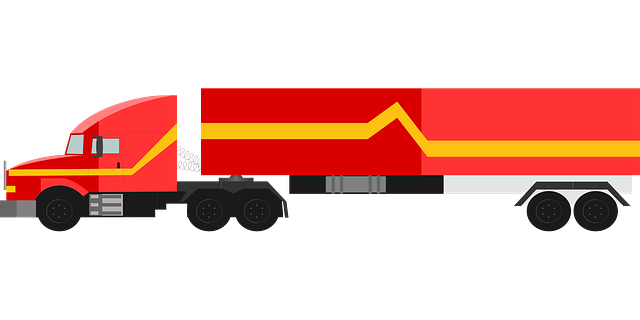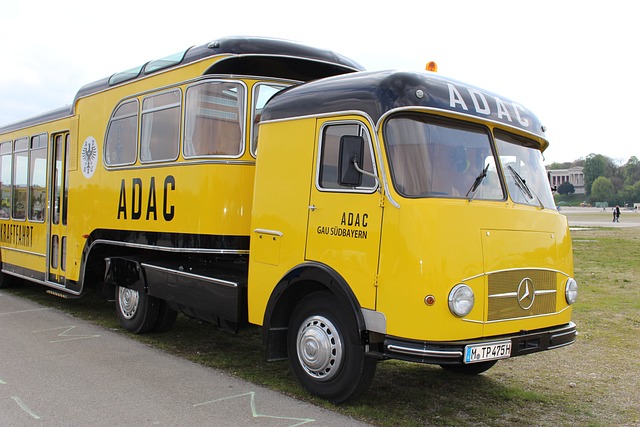Understanding Bobtail and Non-Trucking Liability (NTLI) insurance is crucial for trucking business owners as these specialized policies fill critical coverage gaps not covered by traditional trucking insurance. Bobtail insures personal vehicles during non-commercial use, while NTLI protects against claims unrelated to trucking operations. NTLI stands out for its affordability and flexibility, making it a preferred choice for managing risks and keeping costs low. Businesses beyond direct trucking should consider affordable non-trucking policies for liability protection against activities unconnected to trucking, such as property damage or personal injury claims. Bobtail policies are suitable for independent truckers within a single state, while NTLI offers comprehensive coverage for occasional trucking or diverse vehicle uses, catering to varied risks and regulations.
In the dynamic landscape of logistics, understanding the nuances between bobtail and non-trucking liability insurance is crucial. This comprehensive guide delves into the essential distinctions between these two policy types, highlighting their unique advantages in a competitive market. From small businesses to established carriers, exploring affordable non-trucking policies offers flexible coverage tailored to diverse operational needs. Discover how making informed choices can enhance risk management and foster sustainable growth in today’s trucking industry.
Understanding Bobtail and Non-Trucking Liability Insurance: A Comprehensive Overview

Understanding Bobtail and Non-Trucking Liability Insurance is a crucial step for business owners, especially those in the trucking industry. These two types of insurance serve distinct purposes when it comes to protecting against potential financial liabilities. Bobtail insurance, designed specifically for truck drivers who are not actively hauling cargo, covers personal vehicles during non-commercial use. On the other hand, Non-Trucking Liability Insurance (NTLI) is tailored to protect business owners from claims arising from activities unrelated to their trucking operations.
While both offer essential coverage gaps filled by traditional trucking policies, NTLI stands out for its affordability and flexibility. Many providers now offer NTLI as an affordable non-trucking policy option, catering to the diverse needs of trucking businesses. This innovative approach allows operators to manage risks effectively while keeping costs manageable, ensuring they stay competitive in a dynamic market.
Key Differences Between Bobtail and Traditional Trucking Insurance Policies

The key differences between bobtail and traditional trucking insurance policies lie in their coverage scope and intended use. Bobtail insurance, as the name suggests, is designed for when a truck is not carrying any cargo or passengers. It offers liability protection specifically for incidents that occur while the vehicle is en route to pick up or deliver goods. This makes it a cost-effective option for those who only occasionally operate trucks or need coverage during specific periods.
In contrast, traditional trucking insurance policies cater to businesses and professionals who rely on their vehicles for regular operations. These policies cover a broader range of scenarios, including cargo loss or damage, driver liability, and incidents involving passengers. They are typically more comprehensive but may come at a higher cost compared to affordable non-trucking policies. Understanding these differences is crucial when choosing the right insurance to suit your specific needs.
Advantages of Affordable Non-Trucking Liability Coverage for Various Business Types

Many businesses, especially those not directly involved in trucking operations, often overlook the importance of having adequate liability coverage. However, an affordable non-trucking policy can offer significant advantages for various business types. These policies are designed to protect against liabilities arising from activities unrelated to trucking, such as general property damage or personal injury claims that may occur on your premises or during business operations.
For instance, a retail store, restaurant, or service-based business could benefit from an affordable non-trucking policy by covering potential accidents or incidents within their physical locations. This coverage ensures that if a customer slips and falls or suffers an injury due to a product defect, the business’s financial exposure is limited. By investing in such policies, businesses can safeguard their assets, maintain positive public relations, and demonstrate their commitment to customer safety and satisfaction.
Navigating the Benefits and Considerations for Selecting the Right Policy

When selecting between bobtail and non-trucking liability insurance, understanding the unique benefits and considerations of each is key to making an informed decision. Bobtail policies are designed for truckers who operate independently and primarily within a single state, offering simplified coverage with potentially lower premiums due to reduced risks. This makes them an attractive option for those looking for affordable non-trucking policies.
On the other hand, non-trucking liability insurance is tailored for business owners who engage in occasional trucking activities or have commercial vehicles used for diverse purposes. These policies cater to a broader range of scenarios and risks, ensuring comprehensive protection. While they may come at a slightly higher cost, non-trucking policies provide flexibility and peace of mind, especially when dealing with varying state regulations and unique business needs.
When choosing between bobtail and non-trucking liability insurance, understanding your specific business needs is key. Affordable non-trucking policies offer a flexible solution for various operations, providing coverage without the constraints of traditional trucking insurance. By carefully navigating the benefits and considerations outlined in this article, you can select the right policy that aligns with your unique requirements, ensuring peace of mind on the road ahead.
